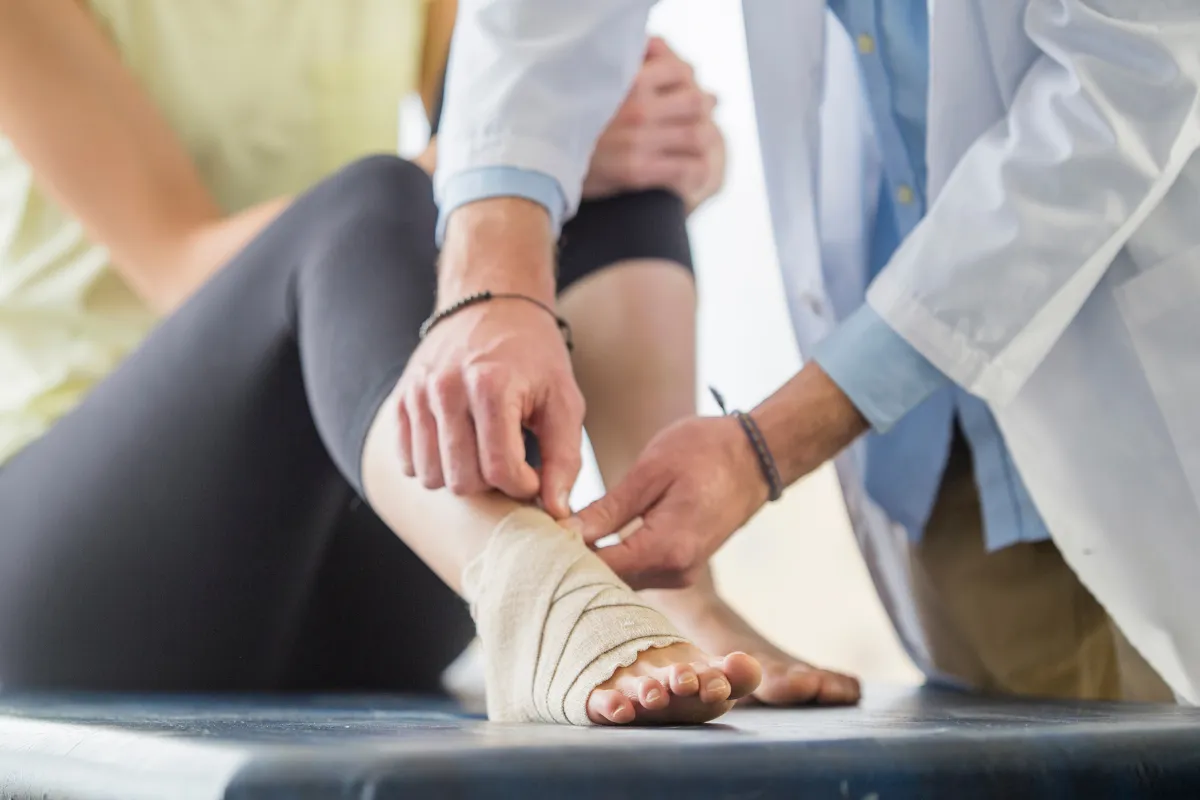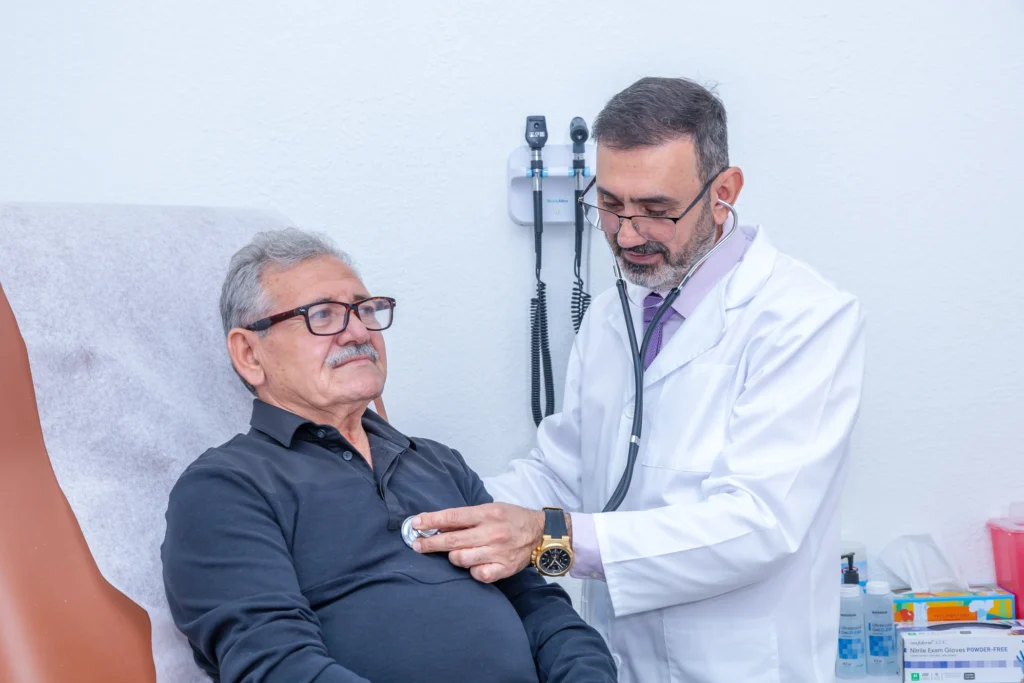Minor Injuries: First Aid and Care Tips for 77379
Dealing with a scrape, sprain, or minor burn can be a real pain, especially when you’re unsure of the best way to care for it.
Knowing basic first aid can make all the difference in a speedy recovery.
This guide provides practical first aid and care tips for minor injuries for those of us in the 77379 area.
Common Minor Injuries
Before we dive into first aid, let’s identify some common minor injuries that we often encounter.
- Scrapes and cuts
- Minor burns
- Sprains and strains
- Bruises
- Insect bites and stings
First Aid Essentials for Minor Injuries
Having a well-stocked first aid kit is crucial.
Here’s what should be included:
- Band-aids of various sizes
- Antiseptic wipes or solution
- Gauze pads and tape
- Elastic bandage
- Pain relievers (ibuprofen or acetaminophen)
- Antihistamine cream for bites and stings

Treating Common Minor Injuries
Scrapes and Cuts
- Wash your hands thoroughly.
- Clean the wound gently with soap and water.
- Apply an antiseptic ointment.
- Cover with a clean bandage.
- Change the bandage daily.
Minor Burns
- Cool the burn under cool (not cold) running water for 10-20 minutes.
- Apply a sterile, non-adhesive bandage.
- Don’t break any blisters.
Sprains and Strains
- Rest the injured area.
- Apply ice for 20 minutes at a time, several times a day.
- Compress the area with an elastic bandage.
- Elevate the injured limb.
- Consider over-the-counter pain relievers.
Bruises
- Apply ice to reduce swelling.
- Elevate the injured area if possible.
Insect Bites and Stings
- Wash the area with soap and water.
- Apply an antihistamine cream or calamine lotion.
- Use a cold compress to reduce swelling.
- For bee stings, remove the stinger carefully.

When to Seek Medical Attention
Most minor injuries can be treated at home, but sometimes professional medical care is necessary.
Here’s when to seek help:
- Deep cuts that don’t stop bleeding
- Burns that cover a large area or are on the face, hands, or genitals
- Severe pain or swelling
- Signs of infection (redness, pus, fever)
- Inability to move a limb or bear weight
- Symptoms of an allergic reaction to a bite or sting (difficulty breathing, hives, swelling of the face or throat)
If you’re unsure about the severity of an injury, it’s always best to err on the side of caution and seek professional medical advice.
We at Dr. A Patient Care, located at 5523 Louetta Rd STE C, Spring, TX 77379, are here to help!
We offer acute illness visits to address your concerns promptly.
Comparing Over-the-Counter Pain Relievers
| Medication | Uses | Dosage | Potential Side Effects |
|---|---|---|---|
| Ibuprofen (Advil, Motrin) | Pain, inflammation, fever | 200-400mg every 4-6 hours | Stomach upset, heartburn |
| Acetaminophen (Tylenol) | Pain, fever | 325-650mg every 4-6 hours | Liver damage (if overused) |
| Naproxen (Aleve) | Pain, inflammation | 220mg every 8-12 hours | Stomach upset, heartburn |
Always follow the instructions on the label and consult with a healthcare professional if you have any questions or concerns.
For example, if you also need help with something like arthritis management we can help.
Home Remedies
Besides over-the-counter medications, some home remedies can help alleviate discomfort:
- Warm Compress: For muscle aches and stiffness.
- Epsom Salt Soak: For sprains and strains.
- Honey: For minor cuts and burns due to its antibacterial properties.
Considering your options?
We can help!
Call us at 346-550-8220 or book a consultation to get started.
FAQs
How do I know if a cut needs stitches?
A cut may need stitches if it is deep, gaping, or won’t stop bleeding after applying pressure for 10-15 minutes.
Cuts located on joints or areas that move a lot may also require stitches to heal properly.
What should I do if I get a blister?
Ideally, leave the blister intact.
If it’s painful or likely to burst, you can carefully drain it by cleaning the area, puncturing it with a sterile needle, and covering it with a bandage.
Avoid removing the skin of the blister.
How often should I change a bandage?
Change the bandage daily or whenever it becomes dirty or wet.
This helps keep the wound clean and promotes healing.
If you are looking for Wound Care Management services, visit our site or call to book a consultation!
Can I use hydrogen peroxide to clean a wound?
While hydrogen peroxide can clean a wound, it can also damage healthy tissue and slow healing.
It’s generally better to use mild soap and water or an antiseptic solution instead.
Being prepared with basic knowledge of first aid and care tips for minor injuries can significantly improve your comfort and healing process.
Remember, if you are in the 77379 area and have any concerns about minor injuries, don’t hesitate to seek professional medical advice.
Our team at Dr. A Patient Care is always ready to help!


